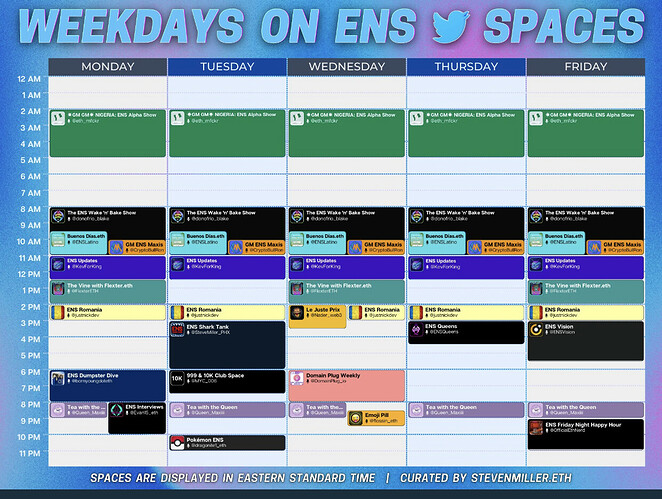I voted for “Allowing each .eth a vote without needing to distribute ENS tokens that can be sold.” because I understand the concerns around $ENS being sold. Long term it still ends up as a whoever has most money wins.
I would like to say that the problem of voting distribution and engagement should be something that existing delegates should look deeper into. Again, 80% of the ENS users came AFTER the airdrop. They are simply unable to vote. A fews weeks ago, I thought that maybe people will buy $ENS but honestly, even if some do, the quantity will not be enough when compared to the top 5 holders of the token.
So again, my “plead” is for the existing ENS delegates to think if there should be more distributed and engaged voting in ENS. ENS has grown a lot of in last 12 months. It needs an improved structure for long term growth. The community is what uses ENS and what drives ever more adoption. Engage the community and ENS will do even better.
Here is a recent example from Uniswap where the holders improved their structure. https://www.coindesk.com/web3/2022/12/21/uniswap-dao-community-members-vote-in-favor-of-new-governance-process/
Devin Walsh, director of the Uniswap Foundation, said the proposal seeks to address inefficiencies in the governance structure with changes such as increasing the quorum – or amount of UNI represented – for voting and reducing the number of votes to pass a proposal.
“The intention of the off-chain votes is to provide a signal to the community that there’s consensus on a proposal,” Walsh told CoinDesk. “What we found is you only need one off-chain vote to achieve that benefit of a signal, and requiring the community to vote twice is redundant and unnecessary.”
The move to ease governance is part of an effort to empower community members to participate in the protocol’s decentralized autonomous organization (DAO).
